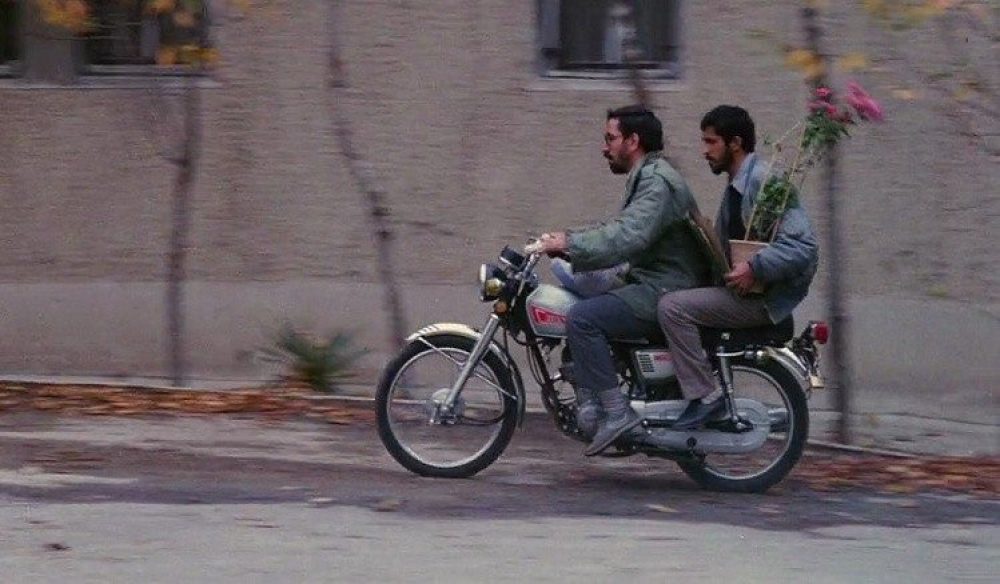1. Once you cut through the jargon, Seligman’s argument is premised on a simple claim: Modernity’s wager rests on the notion that the individual, as an unfettered authority, will make the world better than one in which authority resides in the sacred. Put plainly, moderns are hostile to authority other than their own. Seligman’s assessment of how this bet has played out is grim. Be prepared to explain why he is so skeptical of improvement, as well as what he sees as the consequences of this failed wager.
2. Again, internal versus external sources of authority are the lynchpin of Seligman’s account of modernity. Be ready to compare Seligman’s call for a return to the scared with Tocqueville’s prescription of “fixed beliefs.” How might these be reconciled to individual freedom and autonomy, to modernity’s promise of emancipation and universal equality?
3. Do you accept Seligman’s premise that modernity has called into being its own antitheses, in the form of fundamentalism, violence, etc.? Are our lives fully transactional and measured by a calculus of exchange and choice? Or do we still ethical lives, bound by an “irrational” (unreasoned) morality, unquestioned and taken on faith?
4. The weakness of the individual in modernity, which we’ve discussed in the last two sessions, is highlighted rather clearly on pp. 49-50. Please take a close look at this section.
5. Consider the parable of Mr. Stern and the question of shame (pp. 72-77). How does this imagined story relate to your own life, if at all? Is this section coherent, or intelligible?

Study Notes for Modernity’s Wager, by Adam Seligman | Iran, Islam, and the Last Great Revolution Fall 2018